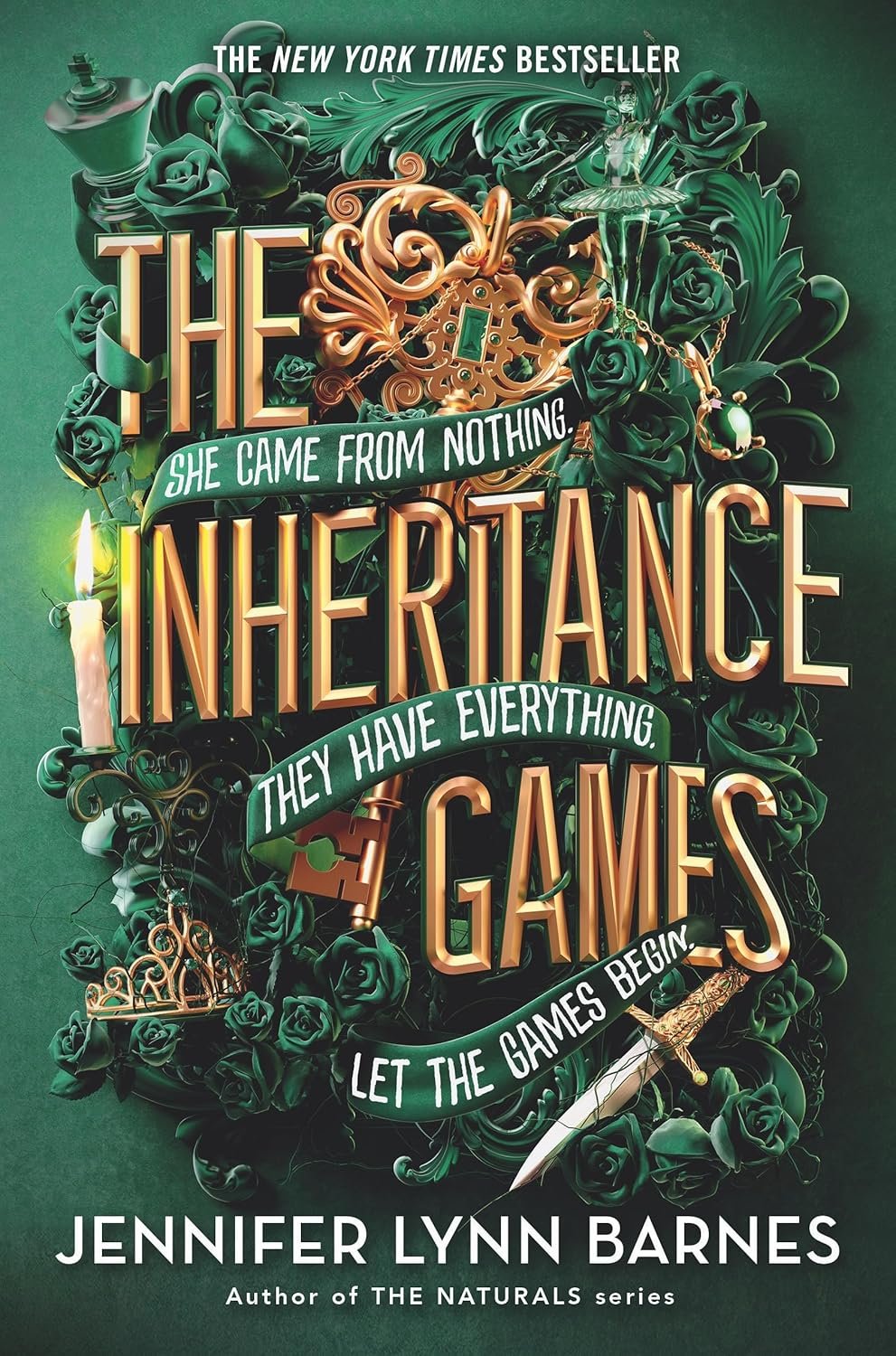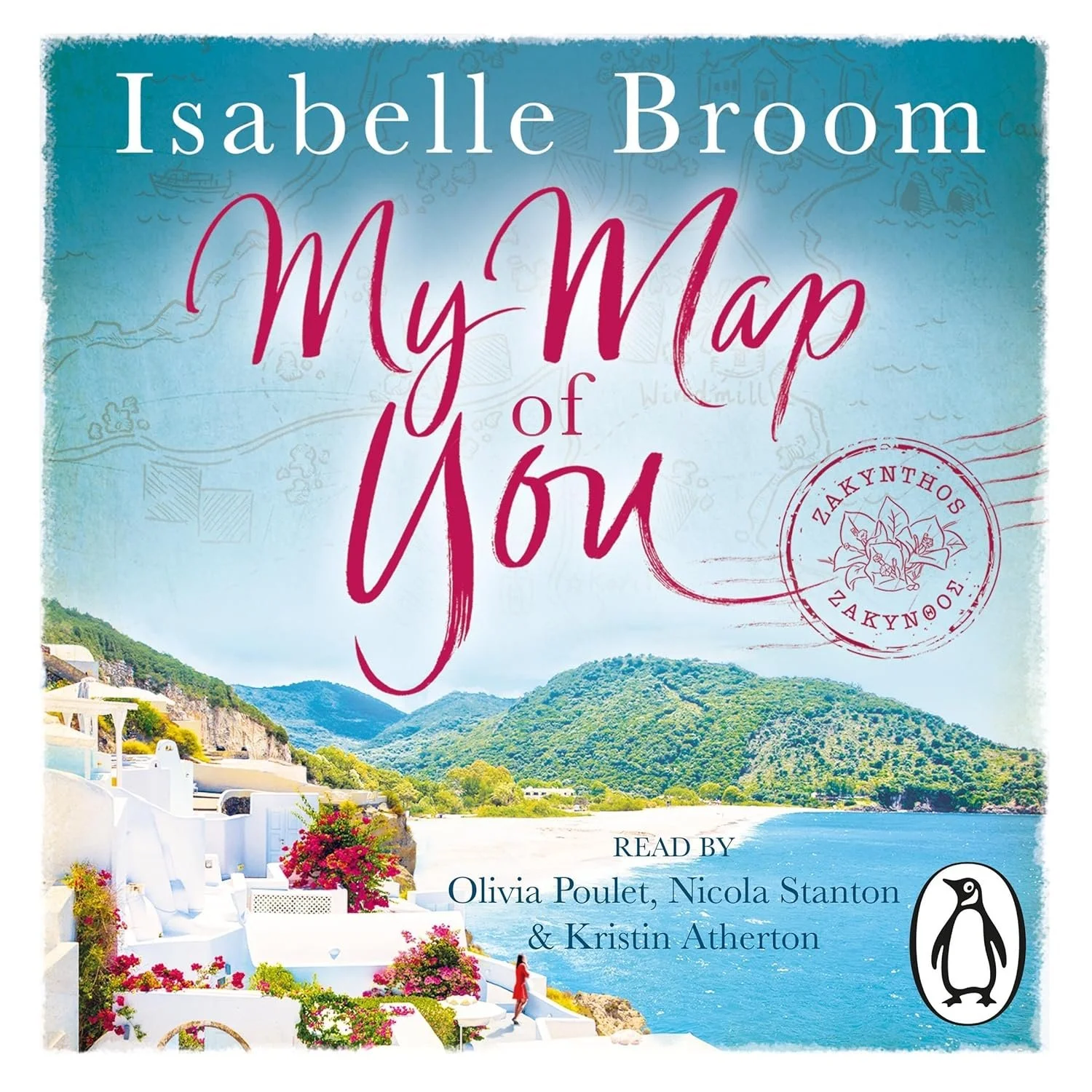The Master and Margarita Book Review - A Russian Classic Like No Other!
What makes this book so special to me?
This year started pretty wild, when it came to my TBR list. If you’ve followed the last series of blog posts on here, you’ll know that at the beginning of the year I challenged myself to read 30 books in 2025. I’ve since smashed that goal, and am currently on book 43!
When I set this challenge for myself, I very consciously made a small, but very important addendum to the goal - try to read as many different genres as possible and go for books I’d never normally pick up. This worked (and keeps on working) pretty well for me - we started off our journey on the sun-soaked but slightly cursed shores of Ithaca, chased a murderer across the countryside of the Discworld, and got to experience one of the most toxic and abusive relationships to grace the literary world in recent years.
But I never knew how well my bold strategy would work to expand my worldview until I picked up The Master and Margarita by Mikhail Bulgakov.
I think most people (myself included) usually associate Russian Literature with the works of Dostoyevski, or Tolstoy, or Pushkin… very emotionally heavy, dramatic, and thought-provoking pieces of literature. I’m not saying that The Master and Margarita isn’t all those things as well. But it’s also incredibly funny. Like, seriously, seriously funny!
I think I’ve genuinely laughed out loud and snickered over a dozen times (once, I woke the baby after about an hour’s worth of attempts to put him to sleep, so my laughter quickly turned into tears, but that’s what I get for getting too engrossed in the book).
So let’s actually talk about the book, plot, and characters, and why The Master and Margarita became one of my top 5 classic books I’ve read this year!
A few words about the edition
Very, very quickly, I wanted to give a massive shoutout to Penguin Classics for their amazing clothbound editions (and no, this is not a sponsored post by Penguin, I’m just a genuine fan of their work).
I think any time I read classics, I prefer to do it using a clothbound edition from Penguin. Why? Not only are they super comfortable to hold, and they look stunning (which is quite important, especially if you like your book shelves to have a certain look), but each book comes with extensive notes and annotations throughout the book, which help explain anything from obscure terminology unique to the period, to the political landscape at the time, to references to real life characters and events that readers might not be familiar with, but which bring a whole new dimension to the writing.
If you want to get the exact same edition of The Master and Margarita that I have, you can do so from here. (And yes, this is an Amazon Affiliate link, because much like the Russian peasantry I’m starting to see some weird side effects from trying to survive solely on beans, barley, and pickled vegetables…)
Okay, getting back to the plot and my review…
The Master and Margarita Plot Review
Before the Devil decides to take a holiday and go to LA to solve crimes (comic reference here), he took a little trip to Moscow… (see what I did there?)
The plot of The Master and Margarita follows dual timelines - one set in Jerusalem around the time of Christ, and one in Moscow in the 1930s. We are initially introduced to an individual known simply as The Master (considering he is a representation of Bulgakov himself, I have to say he definitely didn’t suffer from a lack of confidence…), who is compiling a story about Pontius Pilate (through whose viewpoint we’re introduced to the Jerusalem timeline). Confused yet? Good!
Unfortunately for the dear Master, his story about Pontius Pilate is rejected by his editor, so as any self respecting writer he naturally spirals into despair and self confinement, as one does when confronted with an existential crisis.
While that’s happening to the Master, the Devil (known simply as Woland) decides that Moscow’s high society have grown a tad too big for their shoes, and need to be brought down a peg… or a head, in one particular case.
Their stories intertwine when Margarita, the Master’s lover, makes a pact with the Devil to save the Master, but - without spoiling too much - she becomes forever changed by upholding her end of the bargain.
Other reviews will probably take the high intellectual road and talk about Bulgakov’s masterful use of Woland’s mischievous “pranks” to expose the hypocrisy and corruption within the Russian elite at the time. Or talk about how the novel is a visionary exploration of the constant struggle between good and evil, faith and doubt, truth and justice… But I’ve never taken the intellectual route before, and I don’t plan on doing so now.
Instead, we’ll talk about Woland and his group of absurd companions, who in my opinion were the absolute highlight of the entire story. Don’t get me wrong, I think all that other stuff is very, very important, and I’m sure that Bulgakov wanted to convey all those deep messages through his satire. But I’m categorically convinced that his biggest metaphorical middle finger to the censorship of the reigning regime was creating a group of characters whose appearance, banter, and general devilry could wring a laugh out of even the most stoic readers.
So who are the members of this majestic ensemble? First off, you have Woland himself, naturally - the Devil in disguise - all powerful, easily bored, and quick to dole out punishment on those he deems worthy of it. Then there is Koroviev, who is essentially his valet. He is a swiss-army knife of tricks and talents bundled into the shape of a man - having razor sharp wit, the ability to translate any language, change his shape, and even travel through time. Oh, and I’m not even going to mention the other name his fellows often call him!
Then we have Behemot. As the name would suggest, we’re talking about someone massive. Someone whose size is only equaled by their huge personality. Someone, who would have struck absolute terror in anyone who saw him, were it not for the fact that he was, in fact, a cat. Yep, a giant walking, talking cat, with a surprising flare for the dramatic and even more surprising mastery of various weapons (to be fair, a giant cat throwing ninja stars and insults with equal skill is truly terrifying now that i think about it).
Next we have Azazello - the Devil’s enforcer, resembling a mix between a one-toothed vampire and a leprechaun. And trust me, his fiery temper is by no means improved by someone commenting on his appearance.
And finally, there is Hella, a female vampire that’s often found in the company of Azazello, who in her quiet and mysterious way is perhaps the most terrifying of the whole bunch.
The groups constantly bickers, plays pranks on each other, and generally has such superb banter that one can almost forget they’re literally evil incarnate. And it speaks volumes that one cannot even for a second forget that same quality about the Russian elite…
I won’t go into too much detail about how the book ends, because that’s up to you to find out, but I can say that by the time the story comes to its conclusion there will be fights, flights, witches on brooms, and grand balls across multiple timelines.
The ending is also open to interpretation, and my personal head cannon is that - SPOILER ALERT - The Master and Margarita find peace with each other in the end. They are definitely not poisoned by Azazello and hallucinate a happy afterlife in their final moments, no sir!
Is The Master and Margarita Worth Reading?
I was blown away by both the witty use of satire and the complexity of this book, so for me the answer is a definite YES. That being said, like any work of fiction, it’s probably not everybody’s cup of tea.
Who is “The Master and Margarita” perfect for?
Those readers that enjoy satirical novels with deep philosophical motifs
Those readers that love a healthy dashing of dark humour in their books
Fans of Terry Pratchett and his Discworld series (sounds weird, but trust me on this one)
Those readers that love stories open to interpretation
Who is “The Master and Margarita” not ideal for?
Those readers that prefer straightforward narratives
Those readers that might be put off by interpretive usage of biblical figures
Those readers that dislike reading novels that require historical, cultural, and symbolic context to understand properly
Final Thoughts on The Master and Margarita
I can genuinely say that reading The Master and Margarita reminded me so much of Pratchett’s writing that if Woland and his retinue somehow found themselves in the Discworld, they’d feel right at home. I’d legitimately pay good money to read a fan-fiction where the Night Watch are tasked to solve all those supernatural cases and have a showdown with Woland’s crew in the end. If anyone wants to write that, please send me the first copy!
You might have guessed by now that my wife and I have this habbit of finishing a book and immediately watching its movie adaptation afterwards, so we can compare narratives and spend days afterwards complaining about the frivolous use of source materials in Hollywood.
The Master and Margarita is one of the very few books for which we haven’t done so. Truth is, I liked the book so much I don’t even want to see the movie adaptation, because I already know it’s going to disappoint me. There’s so much happening in this story, so many layers upon layers, which I think would be extremely hard to translate to any other medium apart from that of the written word.
I’ve always been a bit afraid to tackle the Russian classics, due to their length and complexity, but The Master and Margarita showed me that the world of Russian classic literature contains so much more than what I was expecting, and I’ve consequentially expanded my TBR with many titles that I would have been reluctant to try even a couple of years ago.
If you enjoyed reading my The Master and Margarita book review, leave us a comment below.
Having finished my foray into 1930s Moscow, I had a strong urge to return to the Discworld. In fact, you’ll see as we go along, that I unconciously decided to use Pratchett as a palate cleanser for quite a long stretch of my reading journey this year.
So having taken my leave of Woland, Behemoth, Koroviev, and the rest, I took a plunge straight into the realm of Death with Mort, by Terry Pratchett!




Finished The Inheritance Games and need more puzzles, secrets, and rich-people drama? Here are 10 books to read next, curated by His & Hers. Author: Alex (with Stani commentary)